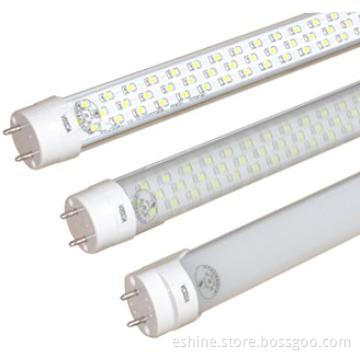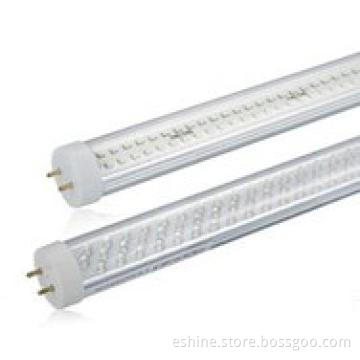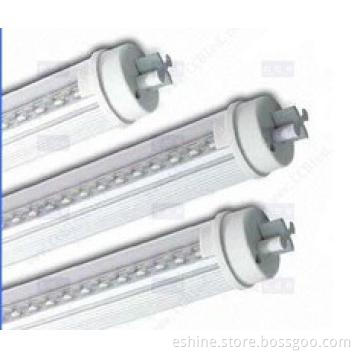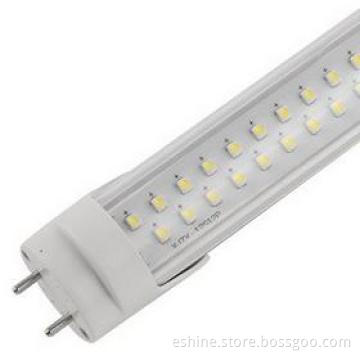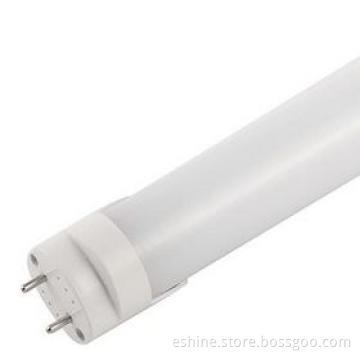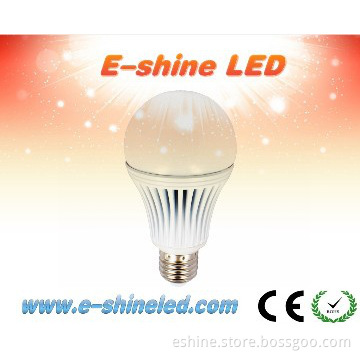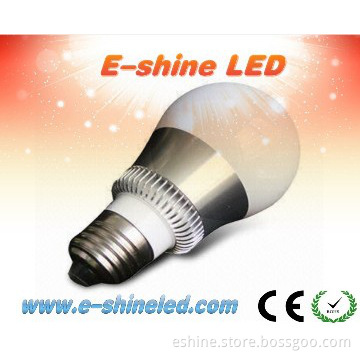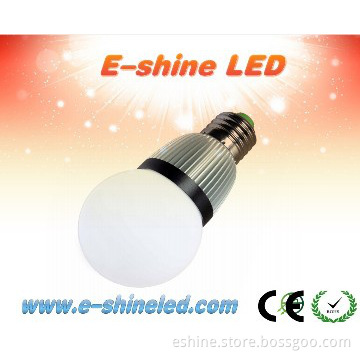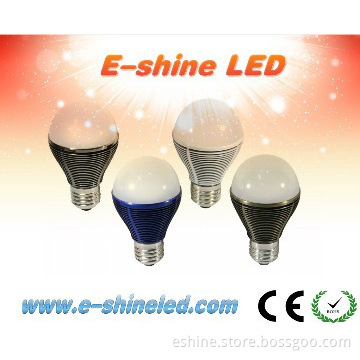
E-shine LED Bulb Lights WW NW DW CW warm white natural white cool whit
Quantity:
Your message must be between 20 to 2000 characters
Contact NowBasic Info
Basic Info
Product Description
Product Description
Basic Specification
| Cert | CE Rohs FCC |
|---|---|
| Lifespan | 50000Hrs |
| Emitting Color | WW / NW / DW / CW |
| Product Model | E-shine LED Bulb Lights |
| Life | 50,000 Hours |
| Power | 3W 5W 7W 9W 12W 15W 18W 20W 25W |
| Lamp Holder | B22, E27, GU10 |
| Color Tones | Cool Color |
| Light Source Chip | Epistar |
| Voltage | 90-260V |
| Illuminant | LEDs |
| Dimmable | No |
| Package | Yes |
| Power Storage or Not | No |
| Material | Aluminum, Glass, PC |
| Lamp Base | B22, E27, GU10 |
| Shape | Global Shape |
Detail Description
Tech of E-shine LED Bulb Lights:
- LED light bulbs will eventually be what we use to replace incandescent bulbs – CFLs are a temporary solution to energy-efficient lighting. The reason LEDs have not yet displaced CFLs from the market are twofold: the first generation LED bulbs had a narrow and focused light beam, and the cost of the LED bulbs was too high.
- Recent developments in LED technology, however, have been addressing these issues. LEDs have been \'clustered\' to provide more light, and mounted within diffuser lenses which spread the light across a wider area. And advancements in manufacturing technology have driven the prices down to a level where LED bulbs are more cost-effective than CFLs or incandescent bulbs. This trend is continuing, with LED bulbs being designed for more applications while the prices are going down over time.
- The \'sticker shock\' of the new LEDs remains a deterrent to their widespread acceptance by consumers. The following comparison charts illustrate the value of the latest LED bulbs when compared with CFLs and incandescents for overall efficiency as well as cost-effectiveness.
Cost Comparison between LEDs, CFLs and Incandescent light bulbs
Energy Savings over 50,000 hours, assuming 25 bulbs per household:
Notes:
- Cost of electricity will vary. The figures used above are for comparison only, and are not exact. Residential energy costs among the various states range from 28.53 cents (Hawaii) to 6.34 cents (Idaho) per KWH.
- The cost per bulb for LEDs may vary. We used the figure of $35.95 (for a 60 watt equivalent LED bulb) as an average among lighting retailers.
- Estimates of bulb lifespan are projected, since it would take about 6 years of continuous lighting to test. Some manufacturers claim the new LED bulbs will last up to 25 years under normal household use, but this is not proven.
- Bulb breakage and bulb replacement costs have not been factored into this comparison chart. Incandescent bulbs and CFL bulbs are more easily broken than LEDs, which increases their cost of use.
- Most LEDs come with a minimum 2-year guarantee. Any defective LED bulb will usually fail within this time.
Equivalent wattages and light output of Incandescent, CFL and LED bulbs
Comparing the features of Incandescent, CFL and LED bulbs
Choosing an LED light bulb
Many different models and styles of LED bulbs are emerging in today\'s marketplace. When choosing a bulb, keep in mind the following:
• Estimate desired wattage - read the package to choose desired illumination level. For example, a 3W LED is equivalent in output to a 45 W incandescent.
• Choose between warm and cool light - new LED bulbs are available in \'cool\' white light, which is ideal for task lighting, and \'warm\' light commonly used for accent or small area lighting.
• Standard base or pin base - LEDs are available in several types of \'pin\' sockets or the standard \"screw\' (Edison) bases for recessed or track lighting.
• Choose between standard and dimmable bulbs - some LED bulbs, such as the , are now available as dimmable bulbs.
| LED | CFL | Incandescent | |
|---|---|---|---|
| Light bulb projected lifespan | 50,000 hours |
10,000 hours |
1,200 hours |
| Watts per bulb (equiv. 60 watts) | 10 |
14 |
60 |
| Cost per bulb | $35.95 |
$3.95 |
$1.25 |
| KWh of electricity used over 50,000 hours |
500 |
700 |
3000 |
| Cost of electricity (@ 0.10per KWh) | $50 |
$70 |
$300 |
| Bulbs needed for 50k hours of use | 1 |
5 |
42 |
| Equivalent 50k hours bulb expense | $35.95 |
$19.75 |
$52.50 |
| Total cost for 50k hours | $85.75 |
$89.75 |
$352.50 |
Energy Savings over 50,000 hours, assuming 25 bulbs per household:
Total cost for 25 bulbs |
$2143.75 |
$2243.75 |
$8812.50 |
|---|---|---|---|
| Savings to household by switching from incandescents |
$6668.75 |
$6568.75 |
0 |
- Cost of electricity will vary. The figures used above are for comparison only, and are not exact. Residential energy costs among the various states range from 28.53 cents (Hawaii) to 6.34 cents (Idaho) per KWH.
- The cost per bulb for LEDs may vary. We used the figure of $35.95 (for a 60 watt equivalent LED bulb) as an average among lighting retailers.
- Estimates of bulb lifespan are projected, since it would take about 6 years of continuous lighting to test. Some manufacturers claim the new LED bulbs will last up to 25 years under normal household use, but this is not proven.
- Bulb breakage and bulb replacement costs have not been factored into this comparison chart. Incandescent bulbs and CFL bulbs are more easily broken than LEDs, which increases their cost of use.
- Most LEDs come with a minimum 2-year guarantee. Any defective LED bulb will usually fail within this time.
Equivalent wattages and light output of Incandescent, CFL and LED bulbs
| Light Output | LEDs | CFLs | Incandescents |
|---|---|---|---|
Lumens |
Watts |
Watts |
Watts |
450 |
4 - 5 |
8 - 12 |
40 |
300 - 900 |
6 - 8 |
13 - 18 |
60 |
1100 - 1300 |
9 - 13 |
18 - 22 |
75 - 100 |
1600 - 1800 |
16 - 20 |
23 - 30 |
100 |
2600 - 2800 |
25 - 28 |
30 - 55 |
150 |
Comparing the features of Incandescent, CFL and LED bulbs
| LEDs | CFLs | Incandescents | |
|---|---|---|---|
| Frequent On/Off Cycling | no effect |
shortens lifespan |
some effect |
| Turns on instantly | yes |
slight delay |
yes |
| Durability | durable |
fragile |
fragile |
| Heat Emitted |
low (3 btu\'s/hr) |
medium (30 btu\'s/hr) |
high (85 btu\'s/hr) |
| Sensitivity to temperature | no |
yes |
some |
| Sensitivity to humidity | no |
yes |
some |
| Hazardous Materials | none |
5 mg mercury/bulb |
none |
| Replacement frequency (over 50k hours) |
1 |
5 |
40+ |
Choosing an LED light bulb
Many different models and styles of LED bulbs are emerging in today\'s marketplace. When choosing a bulb, keep in mind the following:
• Estimate desired wattage - read the package to choose desired illumination level. For example, a 3W LED is equivalent in output to a 45 W incandescent.
• Choose between warm and cool light - new LED bulbs are available in \'cool\' white light, which is ideal for task lighting, and \'warm\' light commonly used for accent or small area lighting.
• Standard base or pin base - LEDs are available in several types of \'pin\' sockets or the standard \"screw\' (Edison) bases for recessed or track lighting.
• Choose between standard and dimmable bulbs - some LED bulbs, such as the , are now available as dimmable bulbs.
Additional Information
| Payment Terms | L/C, T/T, Western Union, Paypal |
|---|---|
| Minimum Order | 500 |
| Lead Time / Delivery Time | 12 Day(s) |
| Sample Available | YES |
| Delivery Details | 1. Payment term: 100% T/T for samples; For bulks 30-50% deposit before producing, 50-70% balance before shipping. 2. Delivery time: 3-5working days for samples, 10-15working days for bulks. |
| FOB Port | Shenzhen |
| Loading Info | Delivery time: 3-5working days for samples, 10-15working days for bulks. |
| Packing Info | 100PCS / CTN |
| Target Market(s) | North America, Oceania, Southeast Asia, Eastern Europe, Africa(except Middle East), Hong Kong/ Macao/ Taiwan, Latin America, Japan & Korea, Middle East & South Asia, Mainland China, Western & Southern Europe, Northern Europe, Central & Southern Asia, Middle East |
Related Keywords
Related Keywords




